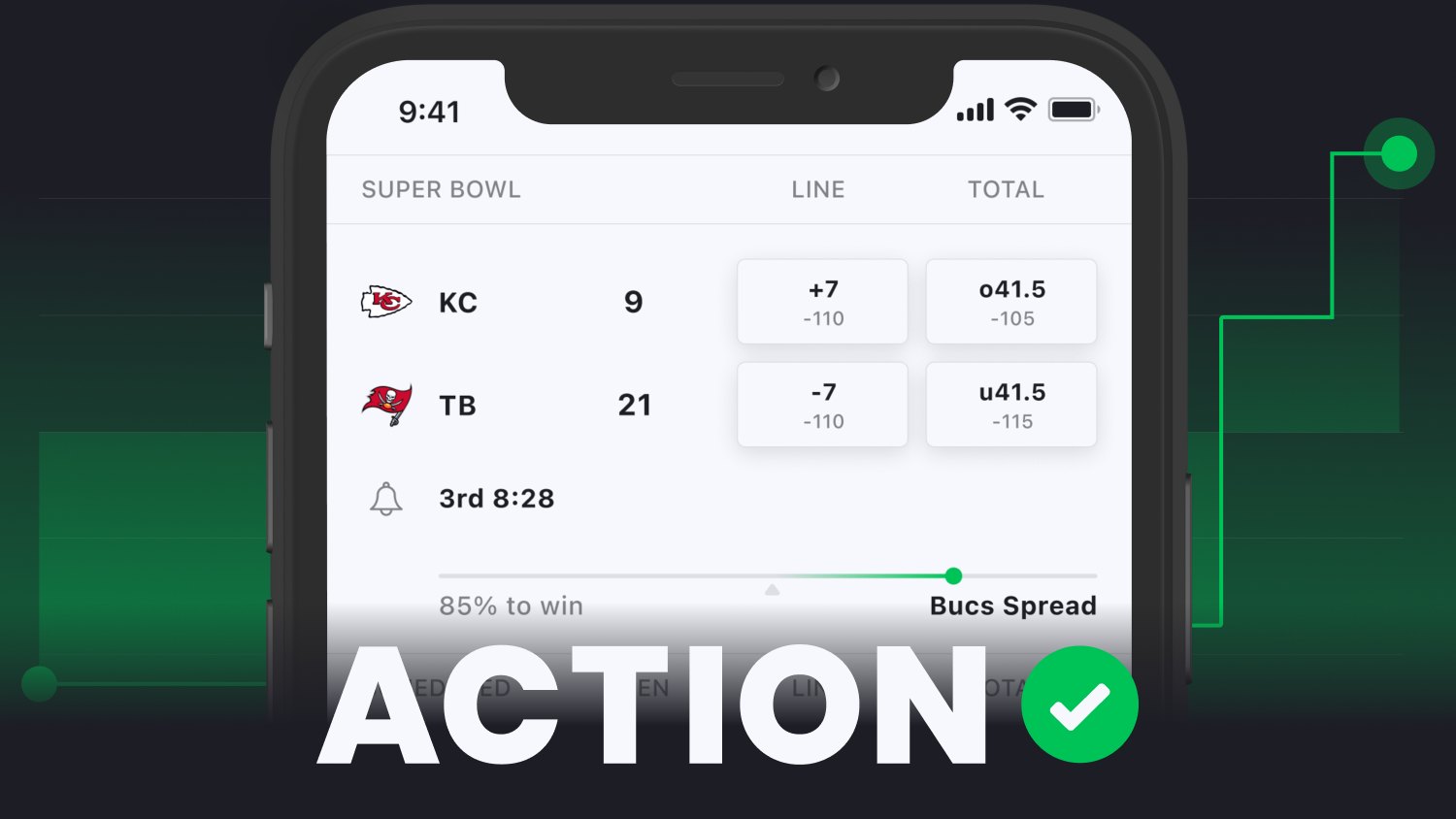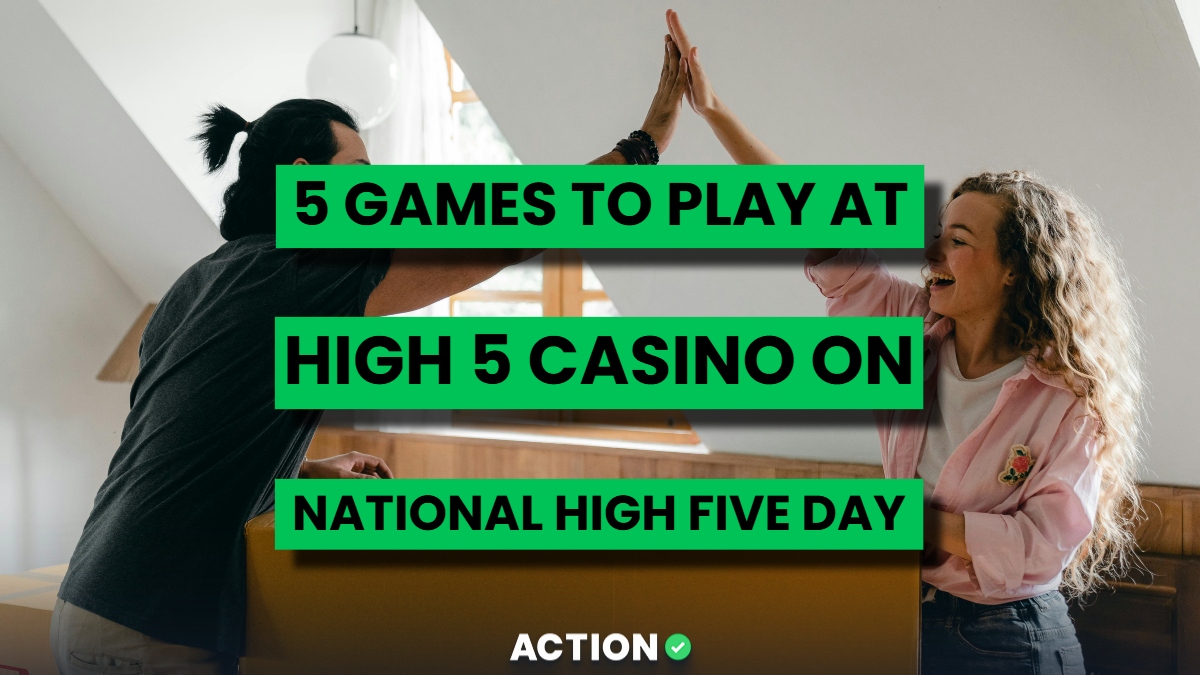On the Monday after Justin Thomas won the PGA Championship in a playoff, having come back from seven strokes off the lead, data fitness company Whoop released the following information:
"On Saturday evening to Sunday morning, heading into his final round, Justin Thomas had a 100 percent sleep score and an 89 percent recovery score. He spent nine hours and 50 minutes in bed, according to the company, nearly an hour and half longer than his monthly average."
Whoop had, with athletes' permission, released this type of data before, usually coinciding with major wins like this.
But the information went viral on social media, partly because sports bettors were salivating at the notion that they could get this kind of information as Thomas headed to the first tee in the final round.
As athletes in the “Body is Temple” era have started doing everything in their power to attain optimal performance, companies like Whoop have offered them deep metrics on their body state with a device on the outside of their body.
A private company whose last valuation came at $3.6 billion, the question for fans and bettors has increasingly become: Is there any way we get this data?
“We get that this could have huge potential for gambling,” Whoop founder and CEO Will Ahmed said. “If you knew that Justin’s body was peaking physically before he won, it would change the way you bet on him or if you knew how Patrick Mahomes body was the morning of the Super Bowl. You can see that if data was shared on a high profile star that it could affect a betting line, but ultimately, the bottom line is it needs to be the athlete’s decision to choose to share.”
Thomas and Mahomes would choose to share, at least after, because they're investors, and it was easy to see in Thomas’ situation how much advertising Whoop got from the revelation. But others maybe not so much.
When such technology became available six-to-eight years ago, conversations of data sharing, and what was appropriate were immediately top of mind. Players didn’t want to use it if teams had full access to their data so it could be used against them. Player unions made it a point that the line wasn’t to be crossed.
Distrust on data between player and team has been deep-rooted.
“If you go back 20 years, teams taking data and monitoring, it had a very different feel,” Ahmed said. “Teams would say, ‘We will put this thing on your body,’ and the athlete didn’t know what they were doing. We’ve flipped that on its head. The athlete is the end user, and they are stewards of their data.”
Like anything, data doesn’t assure everything. Imagine being able to see Michael Jordan’s body stats ahead of his famous “Flu Game” 25 years ago or Joe Namath’s stats ahead of the AFC Championship Game in 1968 when he famously was coming in from the night five hours before kickoff. No one in their right mind would bet on the Chicago Bulls or the New York Jets in those circumstances.
There’s also live data, which could one day be used for live betting. What’s an athlete’s heart rate like ahead of a big putt? Does it matter? How does it make you feel that Patrick Mahomes' biggest spike in heart rate in last year’s AFC Championship Game was when he was on the sidelines and Buffalo had the ball? Such factors are fascinating to consider.
But will this type of data ever become available in a way that bettors can take advantage?
“I think, over time, the data will present itself before events,” Ahmed said. “But it will be up to the player. So many things have changed over the years. Did you ever think you’d see a pro athlete taking you into the locker room for a coach giving a post-playoff win speech with thousands of people watching live? I think athletes are getting comfortable with letting us in more than they ever have before, and maybe it takes a business model.”
Now that’s an idea. Would an athlete be willing to share more if a company, perhaps a sportsbook, was paying for that data? And would they share it with bettors, or would they keep it to themselves?
Ahmed doesn’t dismiss the possibility, especially given the response to Thomas’ PGA Championship data, that Whoop could use data to market their products.
“We’d have to find the balance between our core proposition and marketing,” Ahmed said. “We want to be on the right side of the conversation here. We want to improve the health and performance of the people who wear our products, and we are never going to undermine that.”





















































